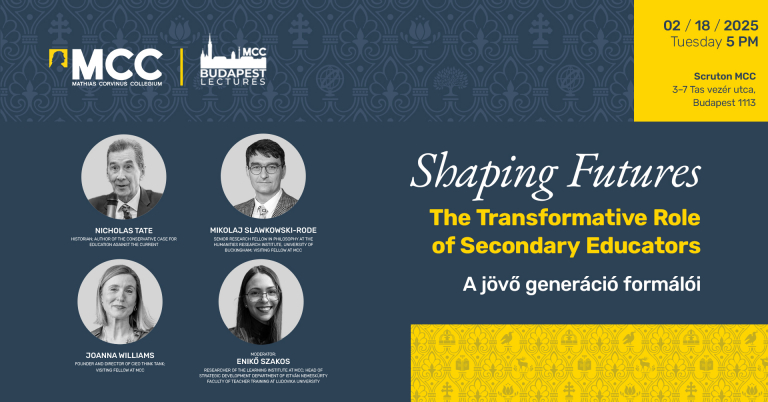A group of scholars has shown that the theory of constituent power - which seeks to describe and justify the dismantling of the constitutional order and its replacement with a new constitution - is flawed. The analytical tools the theory deploys fail to explain how constitution-making processes unfold. Also, the theory has been subject to normative challenges that question its democratic nature. However, the theory remains a mainstream idea in many countries, and some academics have attempted to defend its democratic nature. This presentation claims that those attempts have rendered the theory meaningless or failed to address all of its problems. Then it raises two objections. First, the constituent power theory cannot be used to justify most - if any - constitution-making processes without an excessive idealization of the founding moment, but we are yet to understand the actual costs of that idealization. Second, redeemers of the theory need to decide whether constitution-making can operate under reasonably favorable electoral and democratic conditions or not. Ideal conditions are improbable when constitutional change is carried out in response to a crisis. In the unlikely case that these conditions can be met, using an idea of constitutional change as radical as the constituent power theory is not warranted from a normative perspective.
Guest: Sergio Verdugo (online) - Assistant Professor of Law at IE Law School (Madrid), Co-President of the International Society of Public Law (ICON•S)
Date: 18 February 2025, 4:00 pm
Venue: Budapest, 1113 Tas vezér utca 3-7., Kinizsi Room
----------------------------------------------
This event is open to the public.
MCC students can earn credit for actively participating in the event, provided they read the required chapters and paper(s) and prepare three questions for the Q&A session of the research seminar.
Questions related to the required reading must be submitted to Kálmán Pócza at pocza.kalman@mcc.hu by 11:00 PM on 16 February, 2025.
Required Reading: Please contact Kálmán Pócza to obtain the electronic version of the paper.
Submission Deadline: 16 February, 2025, 11:00 PM
Previous Research Seminars
- Martin Loughlin (London School of Economics): Against Constitutionalism
- Nigel Biggar (Univeristy of Oxford): What’s Wrong with Rights?
- Asanga Welikala (University of Edinburgh): The Common Good and Comparative Constitutional Laws
- John Wyatt (Faraday Institute Cambridge): Right To Die?
- John Larkin (former Attorney General for Northern Ireland): Judicial Power in the United Kingdom
- Michael Freeden (University of Oxford): Concealed Silences and Inaudible Voices in Political Thinking
- Lee J. Strang (Ohio State University): Originalism's Promise: A Natural Law Account of the American Constitution
- Gonzalo Candia (Catholic University of Chile): The Constitution-Making Process in Chile 2019-2024
Coming up in our research seminar series: The Collaborative Constitution - Aileen Kavanagh, 6 March 2025 4:00 pm



